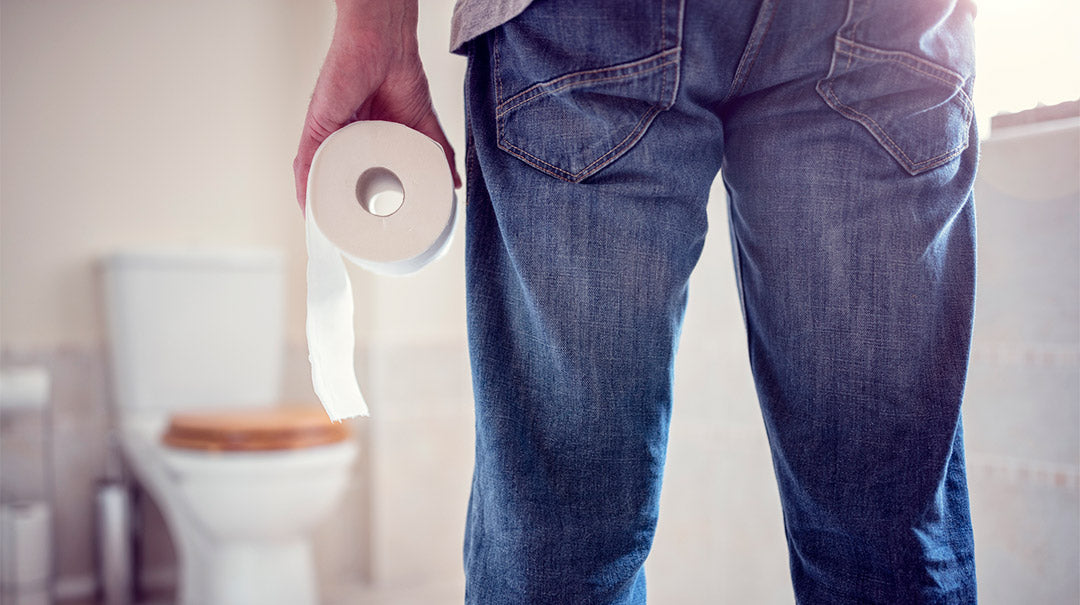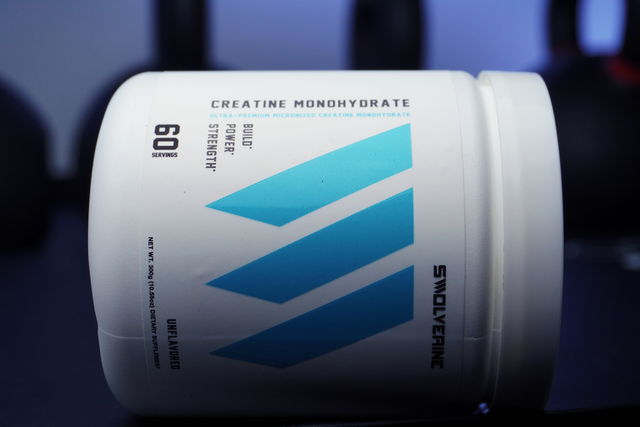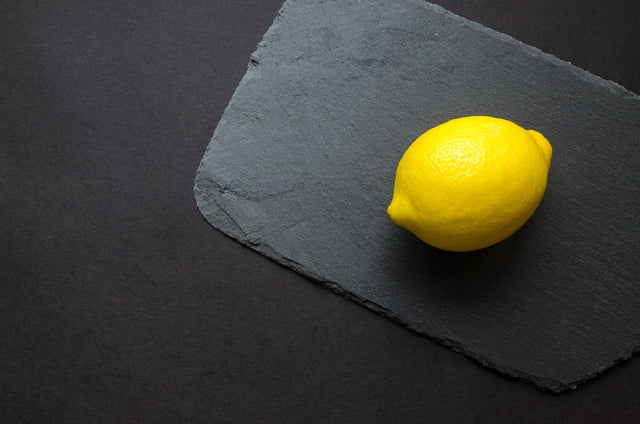It’s a commonly known fact that resistance and endurance training can increase your susceptibility to getting hemorrhoids. If you lift weights consistently, your risk of developing hemorrhoids dramatically increases, especially as you age. With more individuals choosing to live an active and healthy lifestyle or competing at an elite level well beyond there thirties and forties, it’s more than likely that at some point, you will get hemorrhoids.
If you’ve already had the pleasure of getting hemorrhoids, it’s not fun. It’s messy, inconvenient, uncomfortable, and honestly a little embarrassing. But after getting hemorrhoids, many questions may arise, such as, How did I get hemorrhoids? What Are Hemorrhoids? Do hemorrhoids go away on its own? And how do I get rid of hemorrhoids? We’ll address these questions along with many more below.
In this article, you will learn
- What Are Hemorrhoids?
- What Causes Hemorrhoids
- How To Get Rid Of Hemorrhoids
- Minimially Invasive Procedures
- Surgicial Procedures
- Do Hemorrhoids Go Away On Their Own?
What are Hemorrhoids
Everyone has hemorrhoids, in a sense. Hemorrhoids are a pillow-like cluster of veins that reside just beneath the mucous membranes lining the rectum and the anus. What most of us more commonly know as, ‘Hemorrhoids’ is when those veins become swollen and enlarged, much like varicose veins that can occur in the legs. An estimated 75% of all people will experience some form of enlarged hemorrhoids at some point in their life.
Hemorrhoids come in two different forms, internal and external. Internal hemorrhoids sit in the lining of the rectum and gradually will get larger and distended. They are usually painless and become noticeable when bleeding occurs during a bowel movement. Sometimes internal hemorrhoids can prolapse, which means they protrude outside of the anus, which can become very uncomfortable and irritating.
External hemorrhoids are usually more severe and uncomfortable than internal hemorrhoids. Blood clots can occur inside external hemorrhoids and form what’s called thrombosis. Thrombosis of external hemorrhoid can be very painful, and form lumps or bulges around the anus which often requires medical attention.
What Causes Hemorrhoids
Experts are divided on what the root cause of hemorrhoids is, however, there are several different mechanisms at work. Conventionally, hemorrhoids are caused by straining during bowel movements due to constipation, or prolonged times on the toilet. Weight lifting can cause hemorrhoids due to the increased exerted pressure on the hemorrhoid veins in the lower abdominals. The pressure can be built from holding your breath during lifts, which creates added strain similar to that of a bowel movement. When the added pressure is applied to your hemorrhoid veins, ‘hemorrhoids’ can occur and develop.

How To Get Rid Of Hemorrhoids
Just because you have hemorrhoids, does not mean you have to stop lifting, or that you can’t compete at an elite level. Many competitive athletes, powerlifters, and crossfitters have hemorrhoids and can control the issue and still be competitive. If you can incorporate the proper remedies to help treat your hemorrhoids, then you can minimize the symptoms and in some cases get rid of hemorrhoids altogether.
How To Get Rid Of Hemorrhoids: Mild Cases
If you can incorporate some of the solutions below, you should be able to continue training and be lifting at a competitive level and naturally reduce the symptoms of hemorrhoids, or even get rid of your hemorrhoids altogether.
- While exercising, or during resistance training, breathe through functional and compound movements, to expel any unnecessary pressure.
- Stay hydrated during your workouts. (We recommend BCAA 2:1:1)
- Wear comfortable clothing, so that the infected area does not become inflamed or further irritated.
- Increase your fiber intake, healthy fats, and functional carbs such as greens (GET TIPS on how to create a healthy diet plan)
- In addition to increased fiber, supplement with Metamucil or a fiber supplement of your choice and drink it every morning
- Add a Probiotic supplement to help with digestive health (We recommend PROBIOTIX)
- Reduce sodium intake to reduce any bloat or uncomfortable inflammation (READ MORE on how to naturally reduce inflammation)
- Try not to strain and relax while in the bathroom
- Use moist toilettes to wipe as opposed to normal toilet paper (We recommend the Dude Wipe)
- Take a warm sitz bath.
How To Get Rid Of Hemorrhoids: Severe Cases

Milder forms of hemorrhoids can be minimized effectively with the natural treatments mentioned above. However, if you have a more severe case of hemorrhoids, then consult your physicians to take the necessary action, in order to provide adequate treatment.
Gastroenterologists (GI) who specialize in digestion and intestinal health can perform a standard examination to determine the severity and assign a necessary treatment plan. In most cases treating hemorrhoids will and can include a variety of medications such as gels, lotions, creams, or suppositories, to help with the inflammation, reduce swelling and minimize the symptoms of hemorrhoids.
In more severe cases, minimally invasive surgery such as sclerotherapy, or rubber band ligation, may be necessary to help get rid of hemorrhoids faster. In the most severe cases, surgery may need to take place in order to move the hemorrhoids entirely.
How To Get Rid Of Hemorrhoids: Minimally Invasive Procedures
The following procedures are recommended from The Mayo Clinic
-
Injection (Sclerotherapy): Sclerotherapy is one of the oldest treatments for hemorrhoids. The procedure entails injecting a liquid into the base of the hemorrhoids, to invariably cause the hemorrhoids to shrink, or disappear.
-
Rubber Band Ligation: Another treatment for hemorrhoids is rubber band ligation. This entails using a tight rubber band to encircle the base of the hemorrhoids, which cuts off the area of any circulation causing it to decay. Hemorrhoid banding can be uncomfortable and may cause bleeding, which might begin two to four days after the procedure but is rarely severe. Occasionally, more-serious complications can occur.
-
Coagulation (infrared, laser or bipolar). Coagulation techniques use laser, infrared light or heat. This technique causes small, bleeding, internal hemorrhoids to harden and shrivel.
While coagulation has few side effects and may cause little immediate discomfort, it's associated with a higher rate of hemorrhoids coming back (recurrence) than is the rubber band treatment [R]
How To Get Rid Of Hemorrhoids: Surgical Procedures
If other procedures haven't been successful or you have large hemorrhoids, your doctor may recommend a surgical procedure. Your surgery may be done as an outpatient or may require an overnight hospital stay.
-
Hemorrhoid removal. In this procedure, called hemorrhoidectomy, your surgeon removes excessive tissue that causes bleeding. Various techniques may be used. The surgery may be done with a local anesthetic combined with sedation, a spinal anesthetic or a general anesthetic.
Hemorrhoidectomy is the most effective and complete way to treat severe or recurring hemorrhoids. Complications may include temporary difficulty emptying your bladder and resulting urinary tract infections.
Most people experience some pain after the procedure. Medications can relieve your pain. Soaking in a warm bath also may help.
-
Hemorrhoid stapling. This procedure, called stapled hemorrhoidectomy or stapled hemorrhoidopexy, blocks blood flow to hemorrhoidal tissue. It is typically used only for internal hemorrhoids. Stapling generally involves less pain than hemorrhoidectomy and allows for an earlier return to regular activities. Compared with hemorrhoidectomy, however, stapling has been associated with a greater risk of recurrence and rectal prolapse, in which part of the rectum protrudes from the anus. Complications can also include bleeding, urinary retention and pain, as well as, rarely, a life-threatening blood infection (sepsis). Talk with your doctor about the best option for you [R]
Do Hemorrhoids Go Away On Their Own?
Not really. Once you have hemorrhoids, you’re sure to have them again.
Treatment options are simply used to help control your hemorrhoids, not cure it. Even with minimally invasive procedures such as rubber band ligation, you will still need to take the proper preventative action and incorporate natural treatments to adequately control your hemorrhoids.
How To Get Rid Of Hemorrhoids: Takeaway
Implementing some of the remedies above will help treat the symptoms and even help you get rid of hemorrhoids altogether. As a competitive athlete and someone who lifts 4-5 days a week, I can personally attest, that using the methods above, will help you treat hemorrhoids and let you keep doing what you love.
A Simple Way to Help Alleviate Symptoms Of Hemorrhoids Is to Include A High Quality Probiotics
Probiotix works to help maintain the balance in your body's microbiota. The human body carries nearly 100 trillion bacteria in the gut…that’s more than 10 times the total number of human cells in the entire body. Probiotics are those “good” bacteria that help keep the gut healthy and assist in digestion and nutrient absorption, to provide better digestive and immune health.SWOLVERINE IS AN ENDURANCE ATHLETE AND ACTIVE LIFESTYLE BRAND. MADE FOR THE ELITE ATHLETE, AND THE STRONG-WILLED OUR PRODUCTS WERE DESIGNED TO FUEL YOUR ATHLETIC PERFORMANCE. WE PERFORM WHEN YOU PERFORM.
We believe that everyone can optimize not only their athletic performance but their human potential. The way we believe we can optimize performance is through transparency, clinically effective doses, and clinically proven ingredients with evidence-based outcomes. We provide the nutrients you need to power your active lifestyle.













